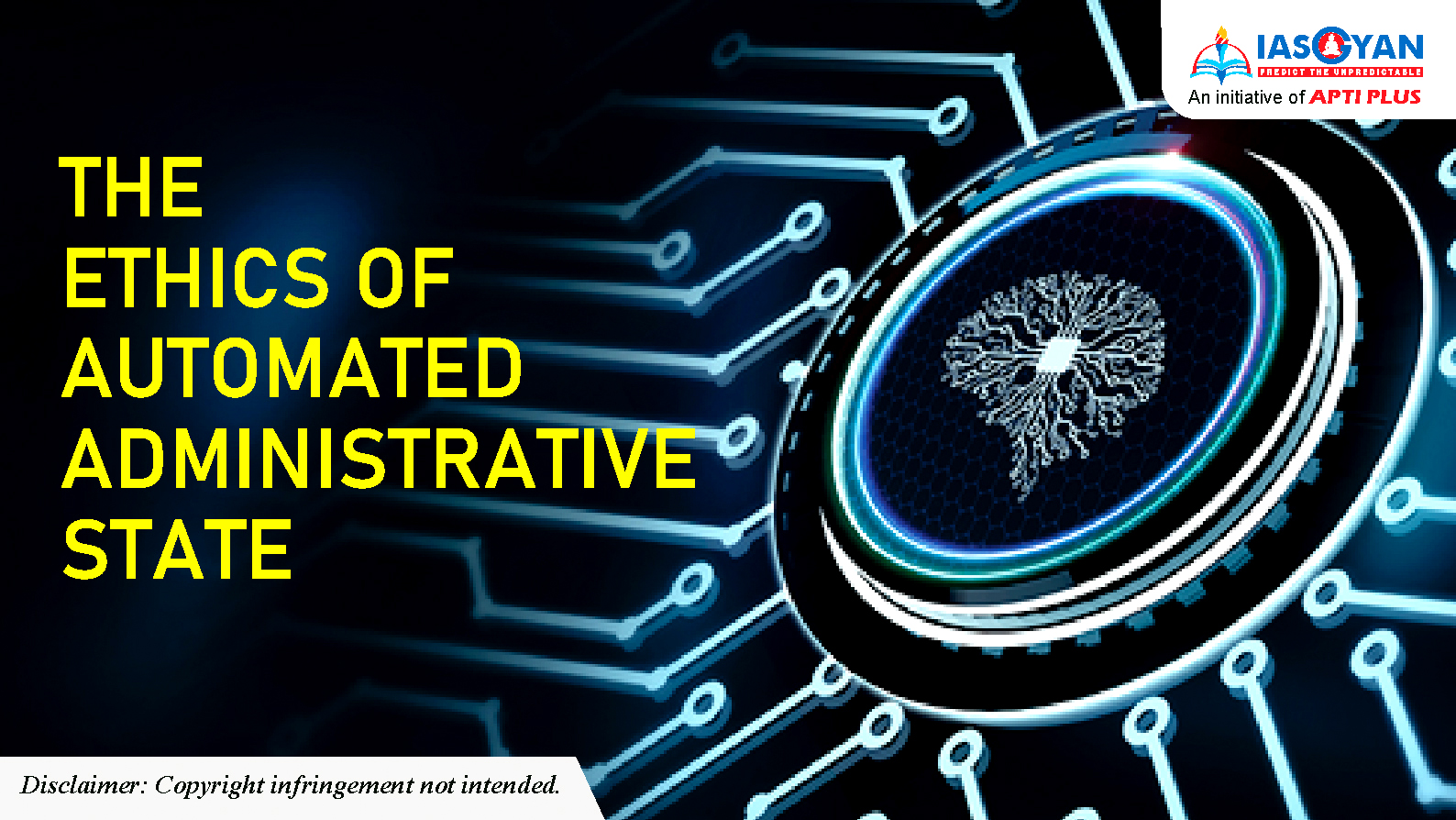





Not in line with Public Values in Administration
For example, in using ‘data-based’ systems for deciding how to allocate policing resources,
By its own description, in 2016, the use of the Samagra Vedika system for removing so-called fraudulent ration cards led to the cancellation of 100,000 cards.
Subsequently, ‘public resistance’ to the cancellation, led to the re-addition of 14,000 cards.
Unaccountable process
Lack of objectivity
Lack of appeal in absence of specific law
No Emotions
Outsourcing of public welfare polices
Lacking Out of Box Thinking
© 2025 iasgyan. All right reserved